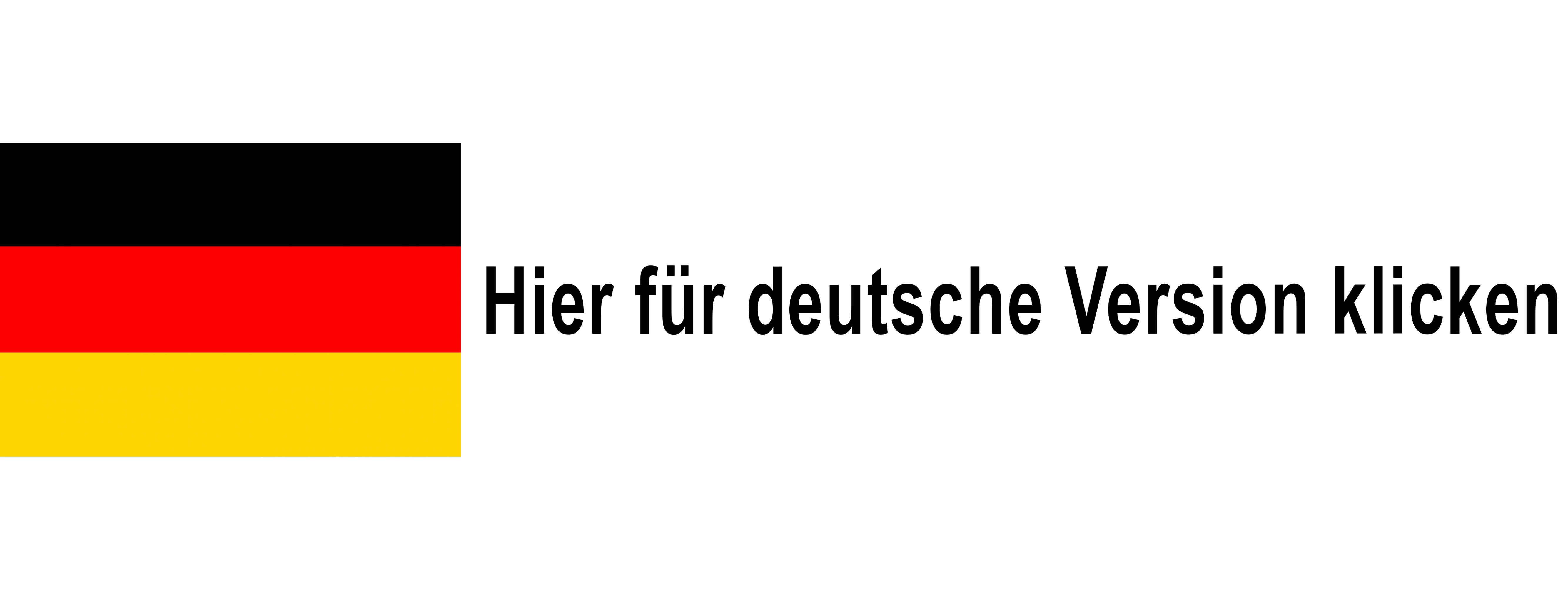|
Module
Name
|
Module
Contents
|
CP
|
|
Module 1:
Preparatory Course
|
- Overview of political science
as a discipline, its history in the context of neighbouring disciplines
and its subdomains as well as the general fundamentals of the social
sciences
- Practice in various forms of
work on the basis of practical examples (own research on various topics,
text analyses, presentation of results, discussions)
Here you
attend the lecture and an accompanying practical class or tutorial. The
module ends with a small project (term paper).
|
10
|
|
Module 2:
Fundamentals of the Social Sciences
|
- Reflection on fundamental
social science concepts from a methodological and theoretical
perspective
- Overview of various social
science theories and paradigms, their development and controversies.
Science theory in the social sciences, history of ideas and social
history of state, economy, law, society and international system.
- History and types of
empirical research in the social sciences
- Research papers and research
reports on individual social science questions
In this
module, students must produce proof of active participation in two undergraduate
seminars and sit an end-of-module examination.
|
10
|
|
Module 3:
Research Skills 1: Statistics
|
- Comprehensive overview of
common statistical methods and their application in the social sciences
- Indicators for univariate,
bivariate and multivariate evaluation
- Graphical representation of distributions
- Application and
interpretation of correlational indicators for variables with different
scale levels
- Fundamentals of probability
theory
- Inferential statistics methods
(confidence intervals, hypothesis tests)
In this
module, students must produce proof of active participation in one undergraduate
seminar or lecture with 4 semester hours per week or two undergraduate
seminars or lectures with 2 semester hours per week each and sit an end-of-module
examination.
|
10
|
|
Module 4:
Research Skills 2: Methods of Empirical Social Research
|
Undergraduate
seminar “Introduction to the Methods of Empirical Social Research":
- Key methods
- Important data collection
methods (including, in any case, various forms of standardised,
semi-standardised and non-standardised surveys; quantitative and
qualitative text analysis; observation methods)
- Overview of quantitative and
qualitative data analysis methods
- Different outputs of qualitative
and quantitative methods
- Research ethics
- Application of empirical
research methods in political science on the basis of examples
Advanced undergraduate
seminar(s):
- Applications of empirical,
especially qualitative social research methods (e.g. democracy
measurement, research on the causes of war, development policy, elite
research, etc.)
- Methodical aspects of pioneer
studies in the social sciences
- Practical exercises based on
the example of selected methods, above all in the quantitative area
- Detailed presentation of
individual methods and their practical testing in areas of social
science research
Students
must produce proof of active participation in an undergraduate seminar introducing
the methods of empirical social research and an advanced course on a
scale of four semester hours per week. This advanced course can be attended
as a four-hour undergraduate seminar or as two undergraduate seminars
of two hours each. Students must sit an end-of-module examination in the
advanced course.
|
13
|
|
Module 5:
Political Theory
|
- Political history of ideas
since antiquity from a systematic perspective, with a focus on modern
and recent developments
- Contemporary political
theories, e.g. critical theory, post-structuralism, feminist theory, liberalism,
communitarianism, system theory and rational choice
- Institutional and state
theory in a national and international context
- Democratic theory and legal
theory
Students
must produce proof of active participation in two undergraduate seminars and sit
an end-of-module examination.
|
10
|
|
In Modules
6 and 7, students must choose a focus area. Students must attend three undergraduate
seminars in one of the two modules. In the other respective module, they must
only attend two undergraduate seminars. The end-of-module examination must be
taken separately in each module.
|
|
Module 6:
Comparative Politics
|
Systems:
- Political system of the
Federal Republic of Germany
- Other political systems (especially
Western democracies)
- Political systems in
comparison
Stakeholders:
- Parties and elections
- Interest groups and social
movements
- Citizens and elites
Processes:
- Intermediation of interests
- Political communication
- Policy formulation process
- Politics and economics
|
10 or 13
|
|
Module7:
International Relations
|
- Fundamental questions,
theories and methods of international relations and international
political economy
- Foreign policy analysis and
foreign policy of selected states
- Regional integration and global
governance
- North-South relations and
research on developing countries
- Security policy, peace and
conflict research
|
10 or 13
|
|
Module 8:
Specialisation
|
Students
can choose their own focus area. Suitable contents can be selected individually
from:
- Political Science: Political
Theory
- Political Science: Comparative
Politics
- Political Science:
International Relations
- Political Science/Sociology: Current
research priorities at the faculty
- Political Science/Sociology: Further
research skills
Students
must produce proof of active participation in two seminars (advanced courses)
and sit an end-of-module examination.
|
11
|
|
Module 9:
Internship
|
Students
gain an insight into the structure of the institution providing the
internship and how work is organised there and work actively within it. The
internship should be undertaken in an area relevant to politics in the
broadest sense, e.g. at a public institution, association, non-governmental
organisation, private sector company, etc. Students learn to what extent
political or social science methods and skills are applied in professional
practice and through this find inspiration and guidance for their future
career choice.
The
duration of the internship must be at least 10 weeks. The module ends with the
Internship Report.
|
13
|
|
Module 10:
Dissertation Colloquium
|
- Discussion of and reflection
on one's own research project
- Presentation of one's own
research project
Students
must produce proof of active participation in a colloquium. The end-of-module examination is the defence of the bachelor's dissertation
in the form of an oral examination.
|
8
|
|
Module 11:
Final Module
|
Composition
of an independent academic paper (bachelor's dissertation)
|
12
|









